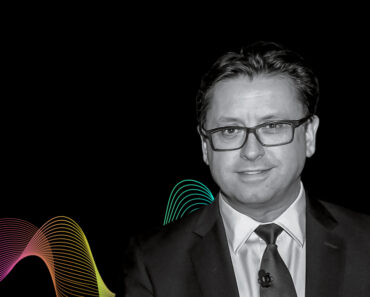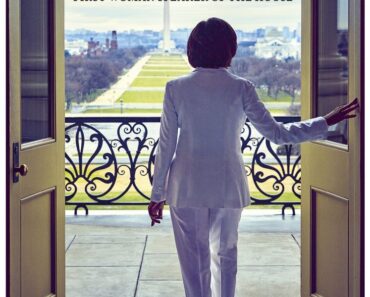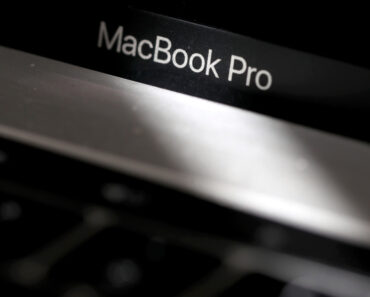This post was originally published on this site
Wearing face masks has become a peculiarly political issue in the Untied States. In the midst of the coronavirus pandemic, public health agencies like the Centers for Disease Control (CDC) have made it clear that wearing a cloth face mask is one of the easiest ways to protect yourself from COVID-19 and, more significantly, to make sure you don’t spread coronavirus to anyone else since many infected people may not experience active COVID-19 symptoms.
Yet videos and anecdotal tales abound of Americans furious with local mandates to wear face masks in public spaces, including in commercial establishments and grocery stores. The anti-mask arguments range from preservation of personal liberty to alleged violations of laws like the Americans with Disabilities Act (ADA) to ostensible scientific evidence that wearing a mask can do more harm than good.
Those assertions largely don’t pass muster.
Lie: Face mask exemption cards exist
The chaos of a pandemic is ripe territory for snake oil salesmen. Coronavirus is a classic case study, as outlined by the Federal Trade Commission (FTC) and the Food and Drug Administration (FDA).
But the quackery has grown beyond fake COVID cure-alls to fake “exempt” cards for having to comply with local face mask requirements, according to the Department of Justice (DOJ).
Some groups have been selling boxes of cards under the guise of a made-up federal agency called the “Freedom to Breathe Agency” using the Justice Department’s official insignia. The cards claim that the “Americans with Disability Act” [sic] exempts a card-carrier from having to comply with a private business’s face mask requirements.

The DOJ issued a statement last week warning the public not to fall for the charade.
“Do not be fooled by the chicanery and misappropriation of the DOJ eagle,” said U.S. Attorney Matthew Martin of the Middle District of North Carolina. “These cards do not carry the force of law. The ‘Freedom to Breathe Agency,’ or ‘FTBA,’ is not a government agency.”
Lie: The Americans with Disabilities Act prohibits businesses from requiring face masks
The fake exemption cards underscore a common argument by those opposed to wearing masks: That the ADA makes mandatory mask requirements illegal.
Although there is some nuance to the issue for people with legitimate health conditions that make it difficult to wear a mask, this is largely not the case.
The CDC recommends that “all people 2 years of age and older wear a cloth face covering in public settings and when around people outside of their household, especially when other social distancing measures are difficult to maintain.” The exceptions include those with developmental disabilities, younger children, people doing high-intensity activities that could make it difficult to breathe, among others. But even in those cases, the agency lists alternative options such as face shields and responsible social distancing measures.
What you can’t do is simply claim that the ADA absolves you from a mask-wearing requirement. According to the Southeast ADA Center, if “a person with a disability is not able to wear a face mask, state and local government agencies and private businesses must consider reasonable modifications to a face mask policy so that the person with the disability can participate in, or benefit from, the programs offered or goods and services that are provided.”
There are no hard and fast rules about what such modifications may look like within the text of the ADA itself. But they may include contactless pickup at a grocery store, the option to wear a loose cloth covering rather than a full mask, or appointments offered via phone or video. None of those modifications would have to be made for someone without an actual disability preventing them from wearing a mask. (So, no, you can’t just claim to have a breathing problem and expect a store to comply.)
And there are further nuances to businesses providing a reasonable accommodation under the ADA. For instance, a business may not have to make those accommodations if it would fundamentally alter their ability to perform services, place an undue burden on their business, or pose a direct threat to other customers or employees.
Lie: Wearing a face mask will increase my carbon dioxide levels
Some people have expressed concerns that wearing a face mask will force them to breathe in toxic amounts of exhaled carbon dioxide. The data show otherwise.
Some level of carbon dioxide may indeed be trapped between someone’s nose and mouth and their mask. But not nearly the level that would lead to hypoxia or other forms of carbon dioxide poisoning, per the Cleveland Clinic.
For one thing, carbon dioxide molecules are far smaller than the droplets containing coronavirus which face masks are meant to contain. Unless you were wearing an air tight mask (rather than a cloth or surgical one) for extended period, it would be more or less impossible to breathe in too much exhaled C02 from a mask.
One nurse recorded a striking practical demonstration on Twitter.
Truth: Face masks have proven to be one of the most effective methods of containing coronavirus
The reality is that COVID-19 is a disease that spreads through the air via close contact, and that social distancing and wearing face masks (on top of washing your hands and disinfecting surfaces) remain the most effective ways of stopping coronavirus in its tracks.
Multiple studies, along with on-the-ground realities of areas which prioritize mask-wearing and social distancing versus those that don’t, have supported this thesis.
A review of more than 172 COVID-19 studies across 16 countries sponsored by the World Health Organization (WHO) found that “face mask use could result in a large reduction in risk of infection,” to the tune of 14% to 16%. Social distancing on top of masks reduced the risk of infection spread even more.
The coronavirus pandemic is still evolving day by day. Such is the nature of a new virus. But a steadily growing body of evidence shows that the mild inconvenience of wearing a mask is dwarfed by its public health benefits, and that arguments to the contrary fall flat.
More coronavirus coverage from Fortune:
- Why black-owned businesses were hit the hardest by the pandemic
- Pop-up retail was made for the pandemic
- How the coronavirus crisis has affected female founders
- The enduring history of health care inequality for black Americans
- E-book reading is booming during the coronavirus pandemic





